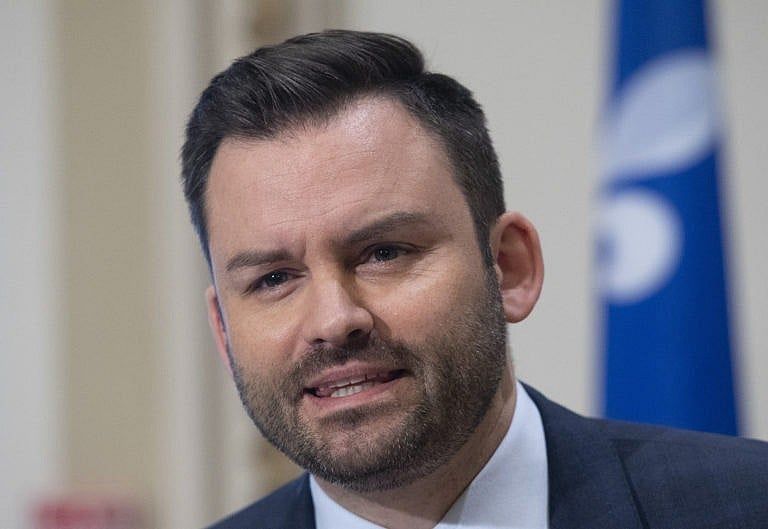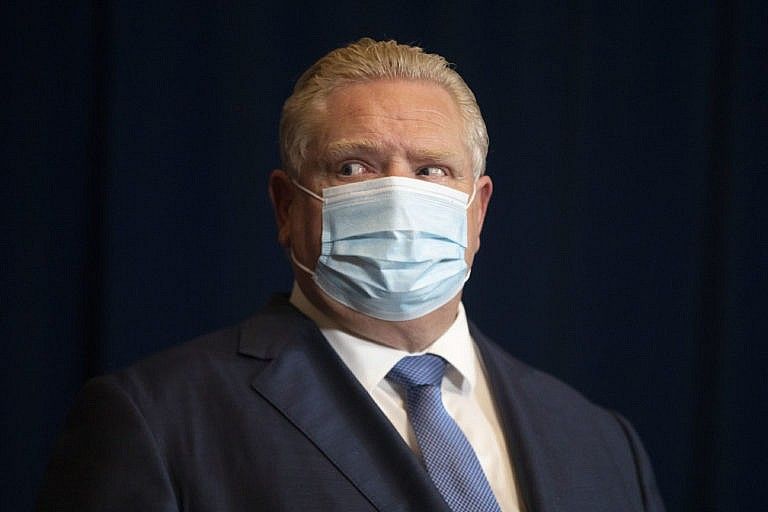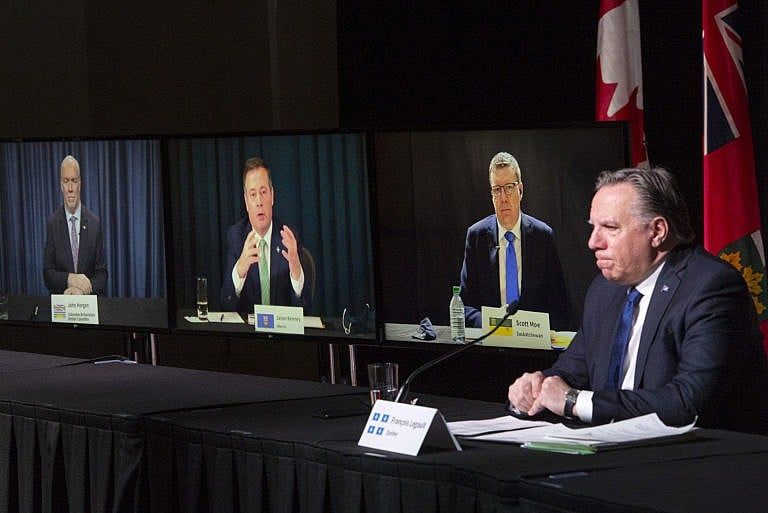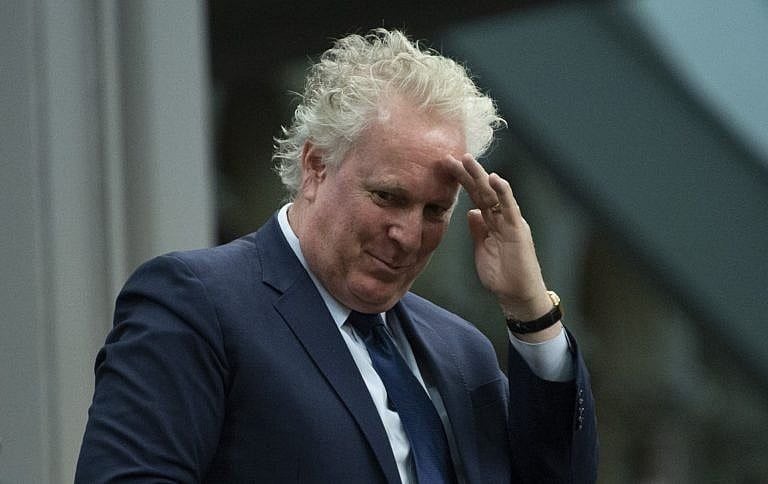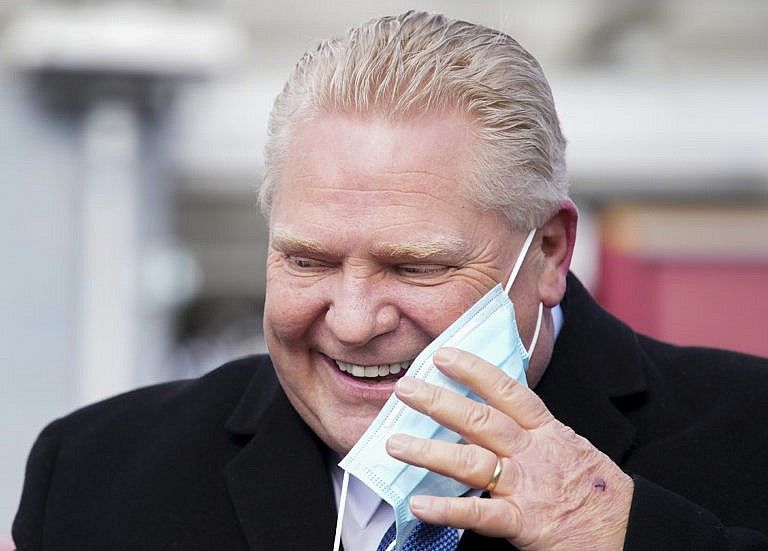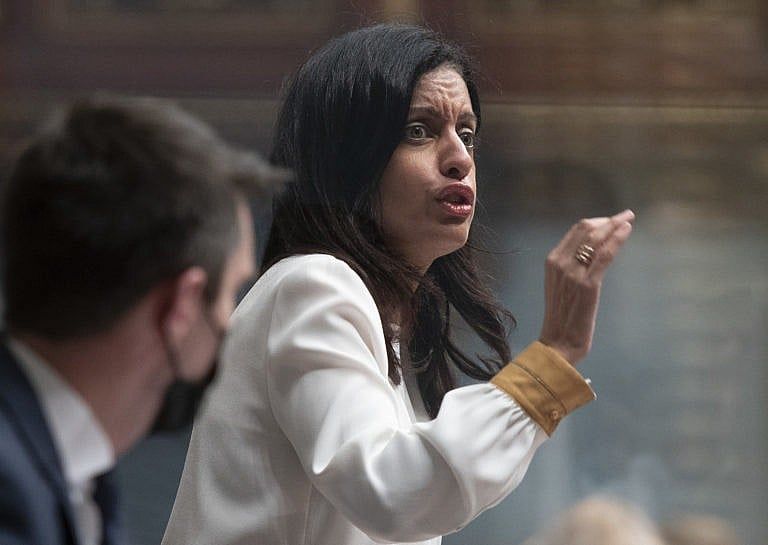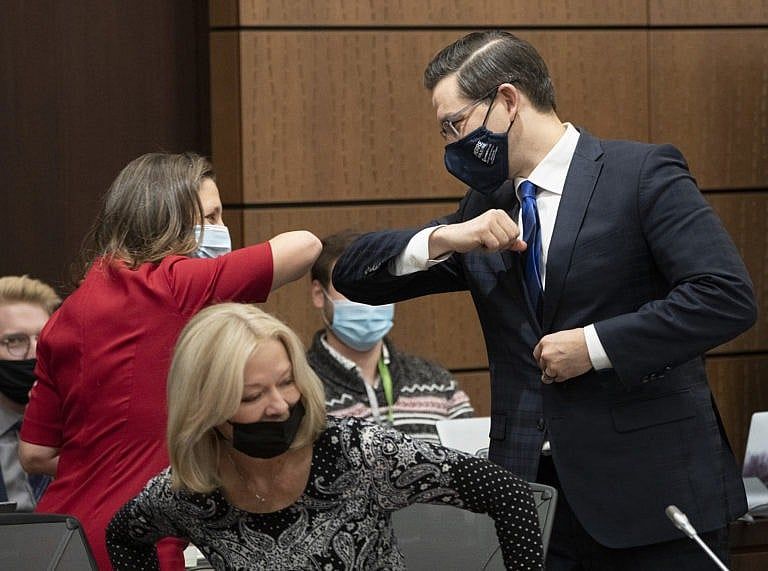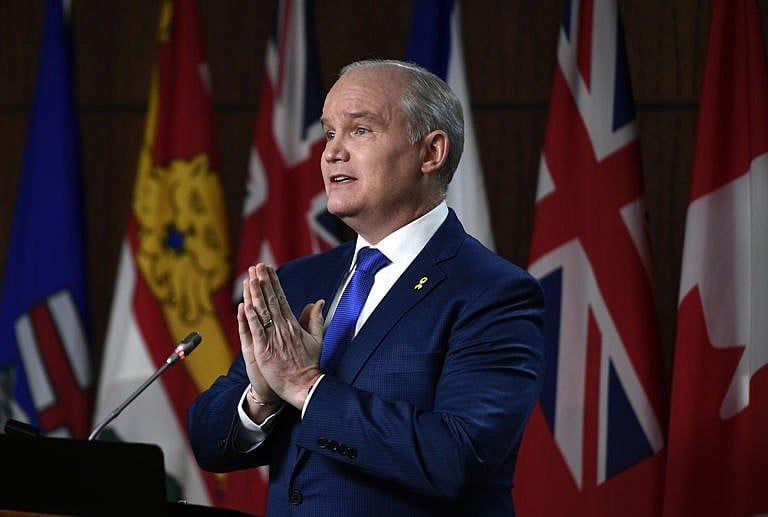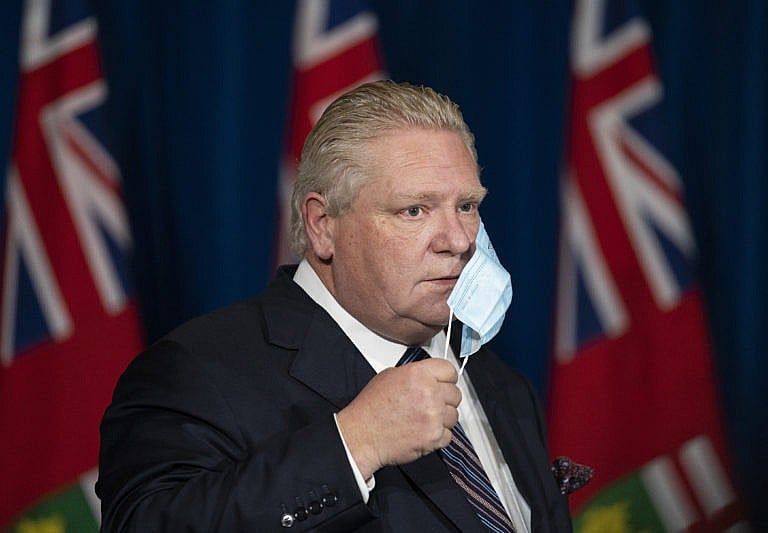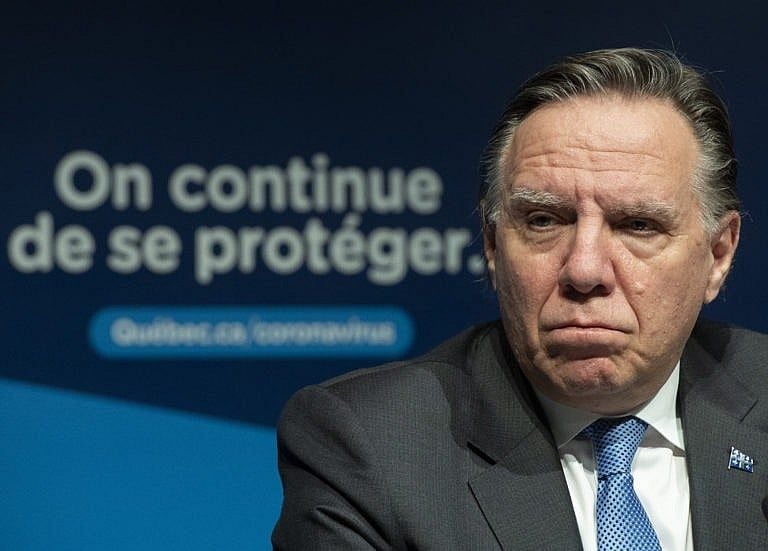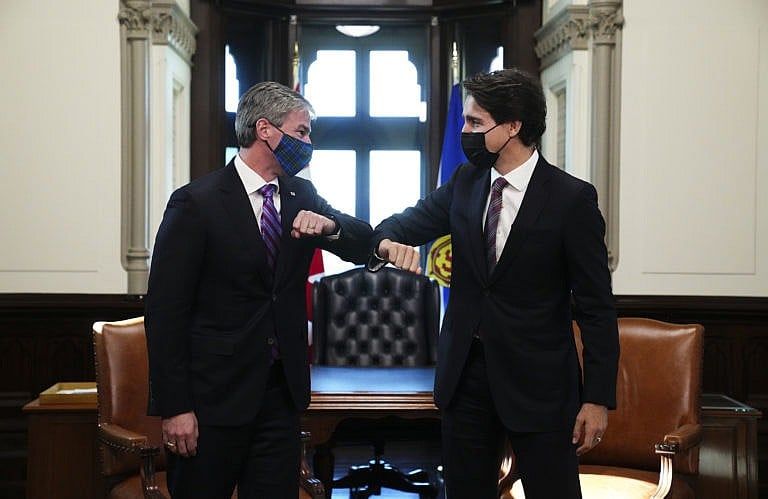Philippe J. Fournier
338Canada: The by-election that could break the Parti Québécois
Philippe J. Fournier: In an April 11 by-election, the PQ will battle for one of its last seats. To lose the former stronghold could threaten the survival of the party.
338Canada: The Trudeau-Singh agreement could weigh on the Ontario campaign
Philippe J. Fournier: Our latest projection still has Ford solidly in the lead, but anything short of a majority will undoubtedly invite talk of cooperation between the Liberals and NDP
338Canada: A tale of two premiers
Philippe J. Fournier: A few years ago, Francois Legault and Jason Kenney were making history. Today, only one of them is sure to survive their next election.
338Canada: Trumpism is alive and well on Canada’s right
Philippe J. Fournier: Almost two years and a failed insurrection later, a significant number of Canadian Conservatives still support former president Trump
338Canada: Jean Charest’s (near) impossible task
Philippe J. Fournier: Charest may need to recruit as many as 100,000 new members—or 1,000 per day—to stand any chance in the leadership race
338Canada: The likely Doug Ford majority
Philippe J. Fournier: With the Ontario NDP and Liberals at near-identical levels of support, neither has a realistic chance of making substantial seat gains from the PCs
338Canada: A new era of Quebec politics
Philippe J. Fournier: The dominant parties of the past 60 years, the Quebec Liberals and the PQ, continue their decline in public opinion. It’s all CAQ now.
Poilievre is the favourite, but his potential for growth is limited: 338Canada
Philippe J. Fournier: He may be on his way to a coronation, but Pierre Poilievre as CPC leader would not have an immediate dramatic effect on the federal numbers
338Canada: Erin O’Toole is trapped
Philippe J. Fournier: The Conservative leader’s latest personal popularity numbers are bleak, inside and outside his party
Who can best challenge Doug Ford in June? Polls disagree.
Philippe J. Fournier: The PCs still have the edge in our latest projection, but a collection of diverging polls suggest public opinion is in flux
338Canada: In a Quebec first, Legault takes a hit
Philippe J. Fournier: A new Mainstreet poll suggests the ‘pandemic honeymoon’ between the CAQ and Quebec voters may have finally reached a limit
338Canada: Who’s still angry at Ottawa
Philippe J. Fournier: A new survey looking at federal-provincial attitudes suggests that even in Quebec and Alberta, regional resentment is not on the rise
